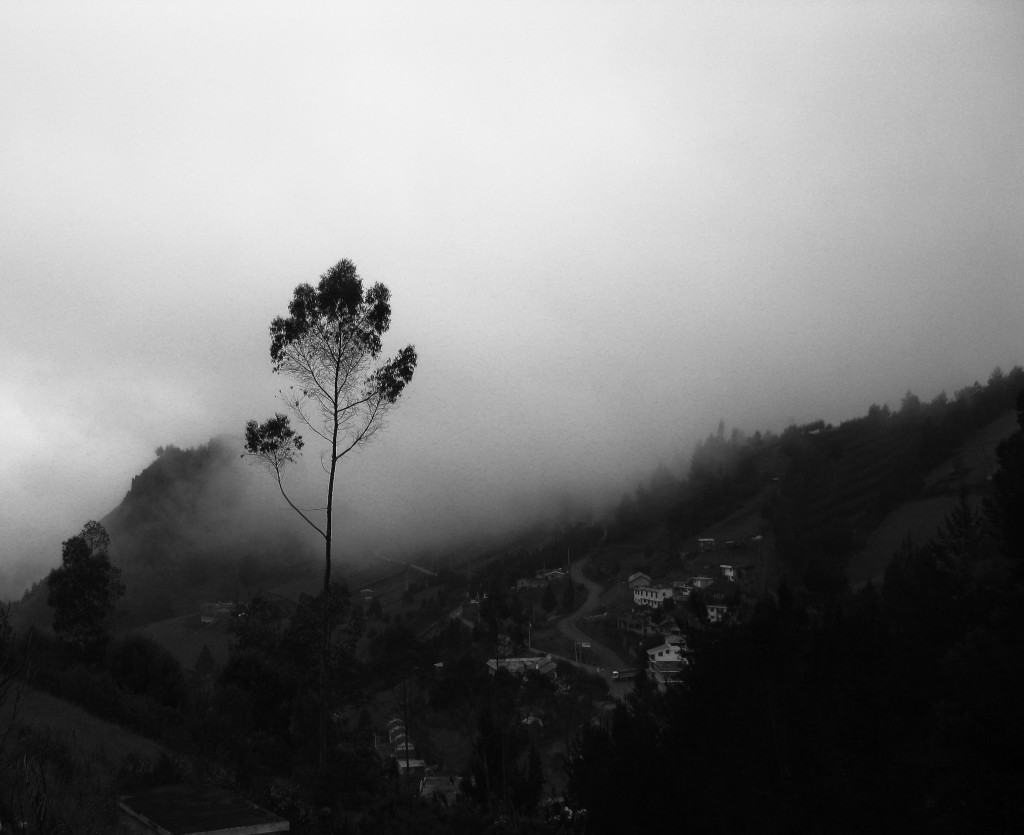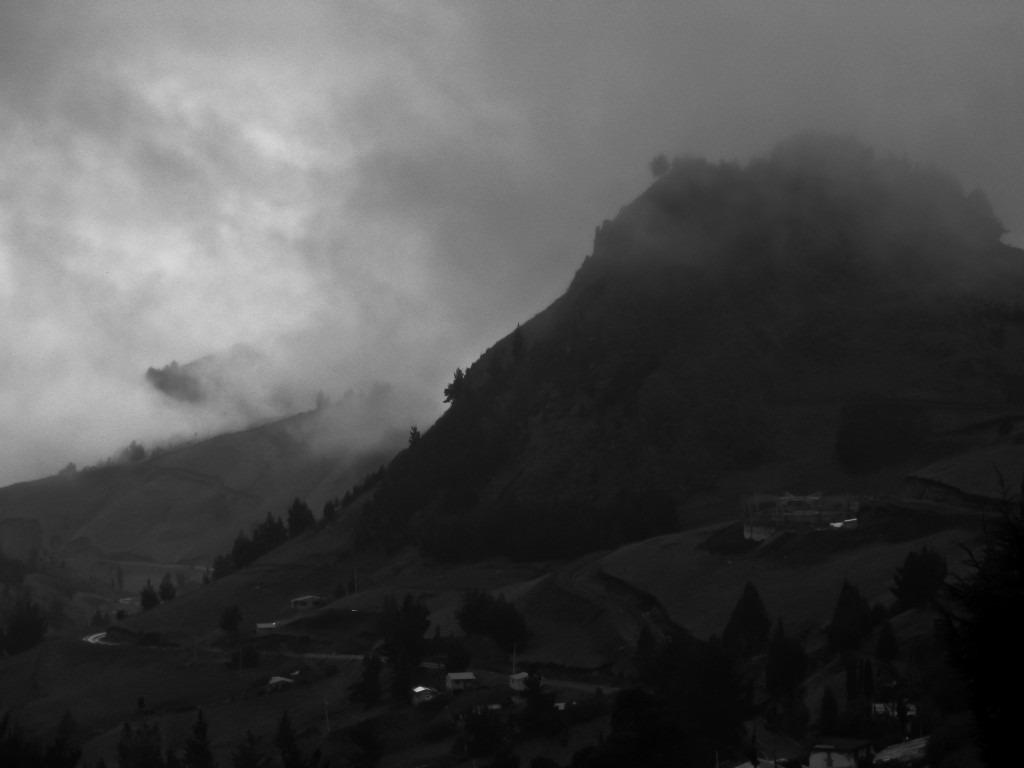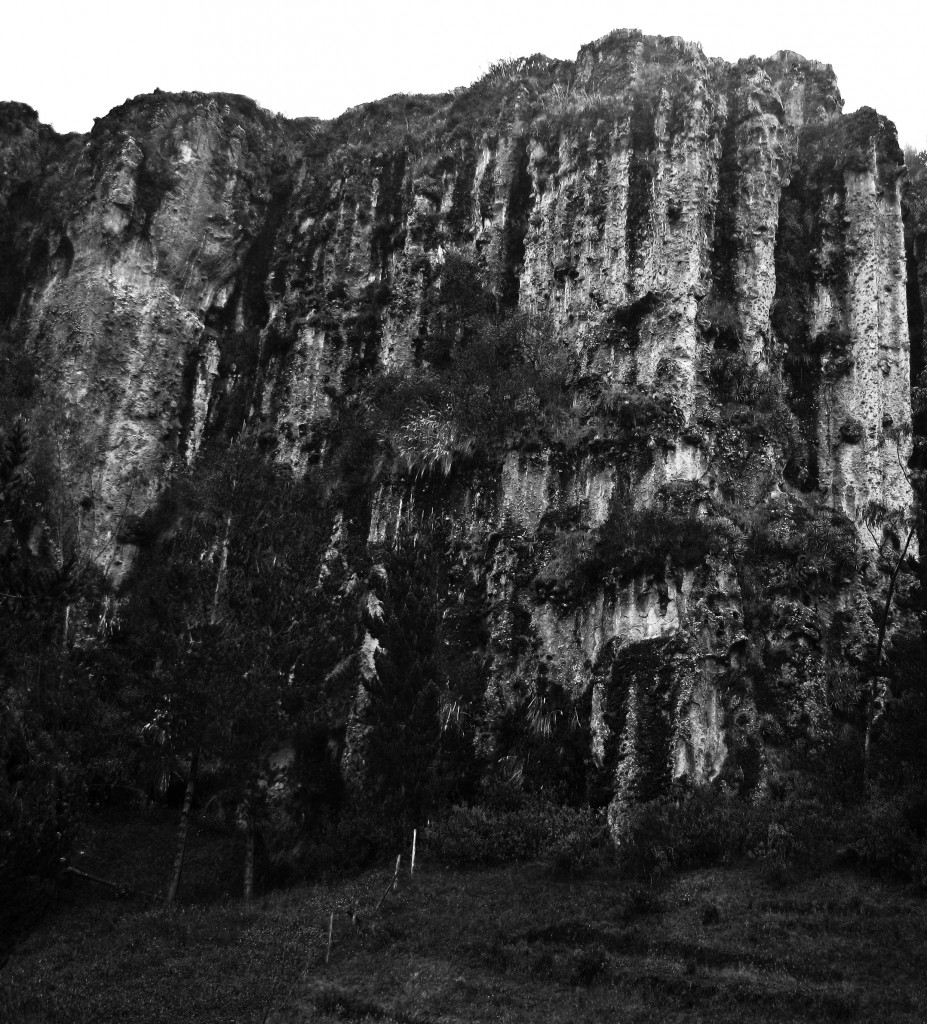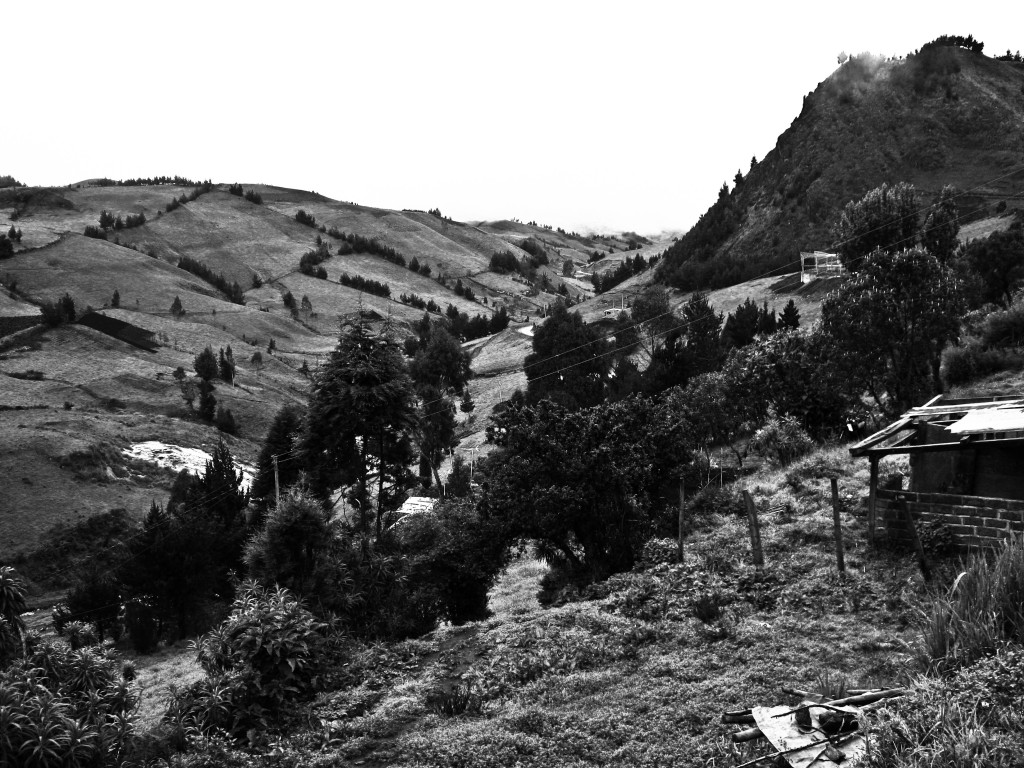
Author Archives: ali
Salinas
labbaik ka waqt …
decolonize #occupyoakland
(for a limited time – opening up comments – ’cause this is getting a lot of views)
Today’s General Assembly in Oakland was one of the more powerful ones I’ve attended. The proposal to change the name to decolonize Oakland failed the modified consensus vote (68% for approx 32% against, requirement to pass is 90%). The points made by the proponents of the change revealed the depth of experience and social and cultural and political sense that lives amongst the people involves in this movement. It was a privilege to hear so many indigenous individuals express themselves, bringing and sharing their values, history, and traditions.
Why did the proposal then not garner the necessary votes? I addressed some of the issues in my previous post on this topic here. The arguments presented against the name change were basically the same, “occupy” is a brand name, “yes” we are for decolonization, but …, “now is not the time” … or, what does “decolonize” mean etc.
Those against this proposal were not only your usual white liberals, but also included a number of people of color, most notably a number of African American individuals. As such, this makes the actual process of decolonization of #occupyoakland more complex – but the underlying reasons, I think, are the same – way too many people, oppressed peoples, have bought into the notion that they have some sort of an ownership of this land, because they “built this nation.” Believing in such a concept does not lend towards a social-cultural-economic transformation, that so many in the “occupy” movement wish to move towards. One point brought up is that “we” want to “occupy” the seat of power… but while sounding nice, just “occupying” does not really mean anything, if there is no transformative process.
We don’t just want to replace individuals in the seat of power (many liberals/leftists etc. did that a few years back – didn’t do much did it?) What we want is a change that reflects our hopes, dreams, and aspirations. Such a change won’t come about by simplistically “occupying.” Decolonization, on the other hand, not only provides historical context, but it changes the power dynamics of the movement – with decolonization we are placed in a space where we must include a discourse about the process of colonization – in all its dimensions: social, religious-cultural, economic – and what that has meant for indigenous peoples, african-americans, latino/mestizos, asians, and working class whites. Decolonization has a built in process through which we can begin to understand our common history, in North America, and connect at a deeper level with the rest of the planet.
Salinas

Why decolonize #occupyoakland
A proposal to rename #occupyoakland decolonize oakland is being presented today at the GA. The issue has become contentious for a number of reasons, but two major reasons stand out: 1) “Occupy” has become a brand name of sorts, and changing the brand would result in Oakland distancing itself, or removing itself from the wider movement. And 2) What does decolonize mean? Do non-indigenous people have to leave in order for Oakland to be decolonized? What about the descendants of those who were brought to the US in chains? This thinking, in my view, is an underlying or unconscious (but articulated) fear of a people who know, at some level, that they indeed are occupiers of the Americas. That “this land” is not “our land” … i.e. we are living on, and have benefitted from stolen land.
The mass of some of 300 million inhabitants of the US are not about to pack up and “go back” to wherever their ancestors, or themselves, came from. So then what could decolonize possibly mean?
I would suggest that it would mean that we seek permission from the people who were here way before the US came into being, or the first European got lost and stumbled across Las Americas. Permission to not only be here on this land, i.e. recognizing the stolen status of this land, but also we ask under what conditions may we continue to live on this land? I would imagine that some conditions that might emerge would be care for the land, a non-exploitive way of living, and an end to colonial wars.
Muslims are in a special situation, a thief’s prayer on stolen land is considered null and void. I would conjecture that this means that if we are to recognize the stolen nature of the Americas, then in order for our prayers to be considered valid, we have to ask permission from the owners of the land (by inheritance, in this case). If we are to view the land as colonized, then, I would think a case may arise – where we must ask permission from the Native Americans/Indigenous/First Peoples to pray on this land. Obviously this issue would need to be sorted out by the ulema, but I think it is a worthy step to consider, in our solidarity and struggle with oppressed peoples everywhere.
Update 1: The proposal was not presented today (Sunday) and is now expected to be presented at the next general assembly.
Update 2: Below are the rulings on praying on usurped land by Ayatullah Sistani (I would caution that much of this would need to be clarified, and am only posting this as information – not something definitive. Furthermore the marja, or ulema would need to be advised of the nature and the overarching context of this discussion before a question could be posed.)
Place where Namaz (salaat, Islamic ritual prayer) should be prayed
There are seven conditions for the place where one should offer prayers:
875. * The first condition: The place where the prayers are offered should be Mubah.
If a person prays on a usurped property, then as an obligatory precaution, his prayers are void, even it he prays on a carpet, or a couch, or similarly objects. However, there is no harm in offering prayers under a usurped roof or a usurped tent.
876. * Prayers offered in a property whose use and benefit belongs to someone else, will be void, unless permission is taken from the entitled person. For example, if a house has been rented out, and the owner of the house, or anyone else offers prayers in that house without permission of the tenant, then as a measure of precaution, his prayers are void. And if a person made a will before his death that one-third of his estate should be used for a particular cause, prayers cannot be offered in that property until that one-third has been dispensed with.
877. * If a person sitting in a mosque, is made to quit his place by someone who then occupies his place, the prayers offered there will be valid, though he will have committed a sin.
878. * If a person does not know, or forgets that a place is a usurped one, and offers prayers on it, and learns or remembers it after offering prayers, his prayers are in order. However, if a person usurped a place himself but forgets it, and offers prayer there, his prayers are void.
879. * If a person knows that a certain place is usurped, but does not know the rule that prayers at a usurped place are void, and offers prayers there, his prayers are void.
880. If a person is obliged to offer obligatory prayers while riding, and if the animal of his riding, or its saddle, or stirrups are usurped ones, his prayers are void. And the same rule applies if he wishes to offer Mustahab prayers while riding that animal.
881. If a person owns a property in partnership with another person, and his share is not defined, he cannot use that property to offer prayers without the consent of his partner.
882. * If a person purchases a property with the sum of money from which Khums has not been paid by him, his use of that property is haraam, and the prayers which he offers in it are void.
883. * If the owner gives a verbal consent for offering prayers in his property, but it is known that he is not happy about it at heart, then offering prayers in his property is void. Conversely, if he does not give verbal permission but it is known with certainty that he is happy about it, then offering prayers in his property will be in order.
884. * Use of a property which belongs to a dead person, who has not paid Zakat or other similar dues, is allowed, provided that such a use does not in any way prevent from obligations. A person wishing to pray in such property can do so, with the permission of the heirs. Similarly, there will be no objection, if the debt is paid up, or guaranteed for payment.
885. * The rule for the use of a property belonging to a dead person who is indebted to people, is the same as above mentioned rule, pertaining to Zakat and other similar dues.
886. * If a dead person did not owe anyone, but some of his heirs are either minor, or insane, or absent, then use of that property without permission of the guardian of those heirs, is haraam, and it is not permissible to offer prayers in it.
887. * To pray in someone else’s property is permissible only when the owner has given an explicit consent, or has made a hint implying permission. For example, if he permits a person to stay and sleep in his property, it will be implied that he has given him permission for offering prayers as well.
888. * It is permissible to pray on a vast expanse of land, even if its owner is a minor, insane, or unhappy about praying on it. This also applies to lands which have no gates or walls over them. No permission will be required from its owner, except if it is known that the owner is minor, insane, or displeased about anyone praying there. In such a case, as an obligatory precaution, prayers should not be offered there.
anticipating relief
The Prophet (peace and blessings on him and his family) said, “The best of deeds of my community is (actively) anticipating relief from Allah, Mighty and Exalted (scale of wisdom, h. #495)
salinas
yeha noha —- indigenous people’s remembrance day
an animal
The Prophet (peace and blessings on him and his family) said, “Mount the sound animal and look after them properly and do not treat them as chairs for your conversations in the streets and the markets, for many riding animals are better than their rider and are more remembering of Allah – Blessed and Most High” (scale of wisdom , h. #1800)


